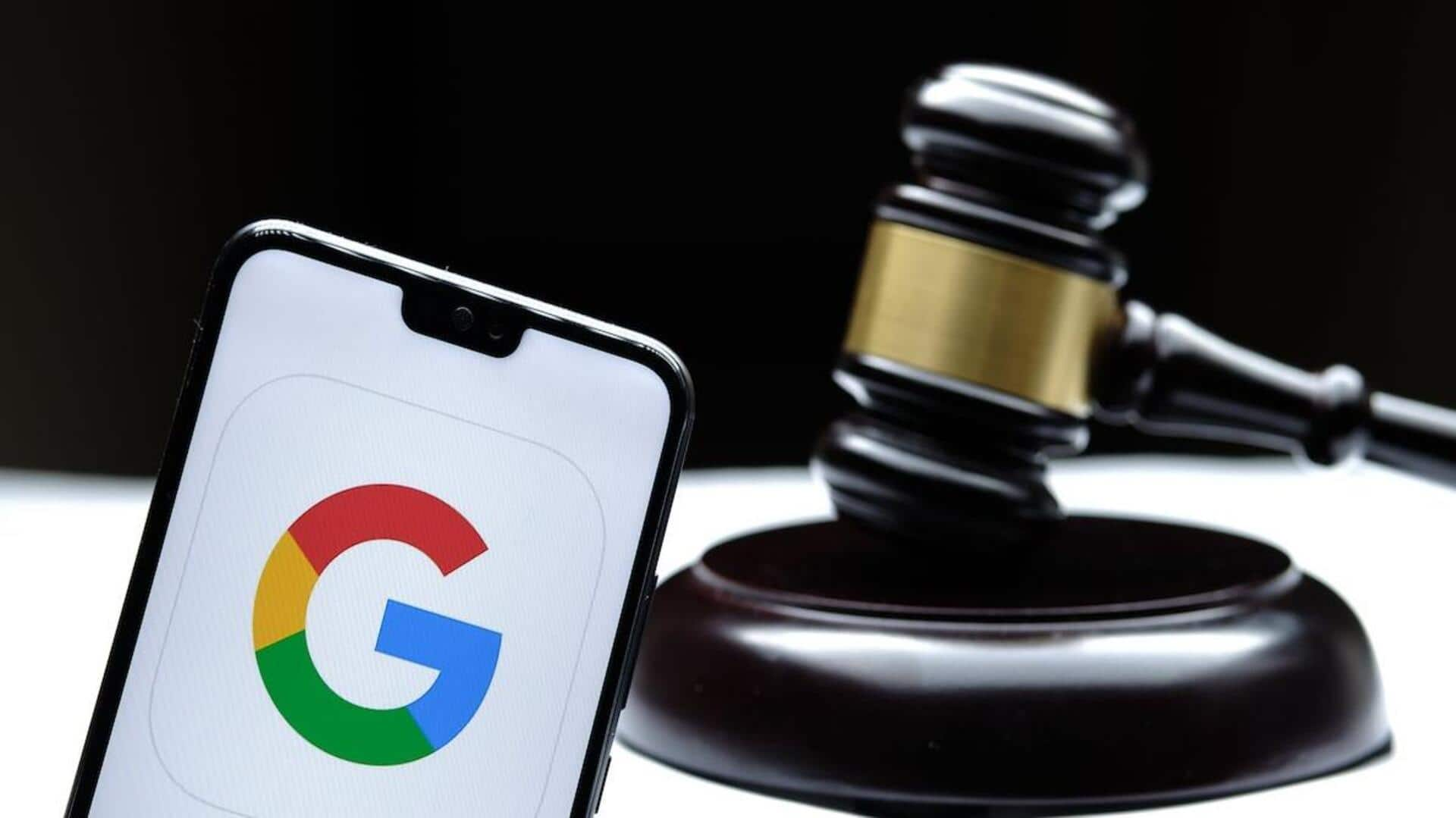
Google antitrust trial concludes: Key takeaways and what lies ahead
What's the story
The US government has concluded the evidentiary phase of its court case against Google in which it accused the online search leader of breaking antitrust law to stay on top. In the trial, which started on September 12, the US Department of Justice (DOJ) aimed to prove how Google allegedly used its dominance unfairly to its advantage.
Details
What did DOJ's last witness say?
In the trial's closing stages, Michael Whinston, an MIT economics professor and the DOJ's last witness, contradicted Google's argument. He disagreed with Google's assertion that it had to compete with Microsoft for exclusive smartphone pre-installation. Whinston labeled Google's payments to companies like Apple and Samsung as monopolistic profits to secure distribution. These payments totaled a staggering $26 billion in 2021. Whinston also added that Google had the market power to raise ad rates without losing advertisers.
What Next?
Google's response during the last phase
During the trial's defense phase, Google's lawyer kept hammering that their payments were all legit revenue-sharing deals, just like Google had been saying repeatedly throughout the proceedings. The defense also said that Google's quality made Google Search popular. However, the trial has concluded, and now it's all up to Judge Amit Mehta. We will have to wait until 2024 for the final decision. Meanwhile, let's have a glimpse at the breakdown of this historical antitrust trial.
Insights
DOJ v/s Google: What's the beef?
The DOJ went after Google, saying they broke the monopoly rule. The accusation is that Google got some exclusive deals with smartphone and browser makers that automatically set Google as the default search engine. Apparently, what came out from the trial, Google paid Apple, Samsung and others to be the default search engine on their devices. DOJ says these deals had shut out competition. Google disagrees, saying people are free to pick any search engine they want.
Facts
Google's take on things
Google is standing firm, claiming that there's no foul play here. According to the tech giant, using their search engine isn't mandatory on any smartphone. It insisted that people are free to switch to any other search engine whenever they want. The company also contended that its agreements with companies are entirely lawful. In essence, Google argued that people consciously chose to use its platform.
Insights
How dominant is Google and what's at stake?
Google rules the search market, holding about 88% of the domestic (within the US) search market. The rest is split among Bing, DuckDuckGo, and others. The company also has over 70% of the US search advertising market, the ads you see when you search. Now Judge Mehta's decision next year on the trial has the potential to reshape Google's dominance and the balance of power in the online world.